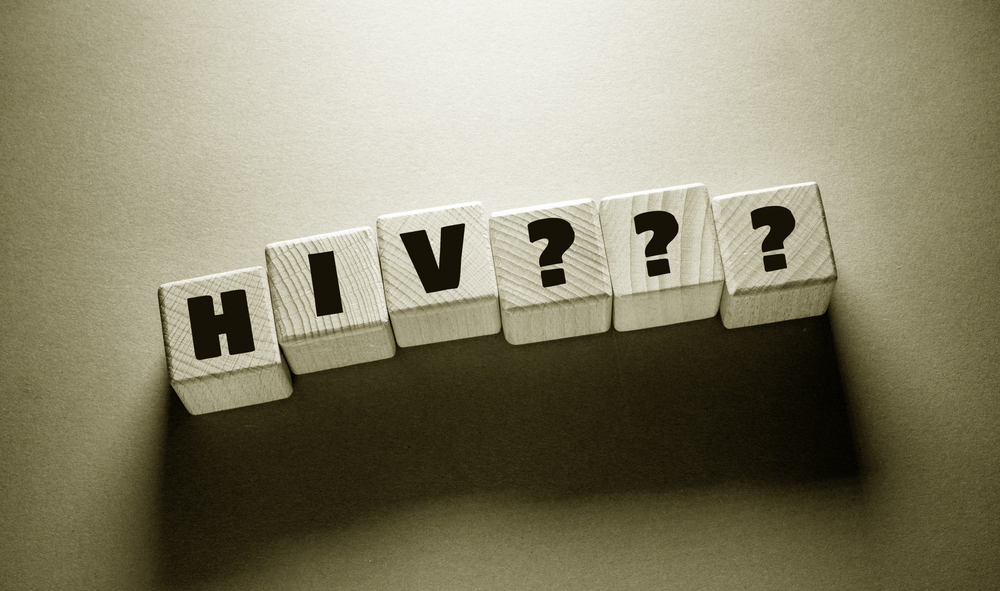Increasing Wyoming HIV Cases Highlight Need for Prevention
February 5, 2024

With newly diagnosed human immunodeficiency virus (HIV) cases increasing in Wyoming, the Wyoming Department of Health (WDH) is pressing testing and other prevention strategies.
Reginald McClinton, Communicable Disease Unit (CDU) Surveillance Program manager, said 22 cases were reported in 2023, an increase from 13 in 2022 and higher than Wyoming’s typical annual range of 12 to 15. “This is a noteworthy increase and cause for concern,” McClinton said.
Among reported cases, 82 percent were male and 18 percent were female, and 36 percent identified as heterosexual and 64 percent identified as LGBTQ+. Ages ranged from 24 to 77.
Common risk factors were engaging in condomless sex, multiple and/or anonymous sex partners, and meeting sexual partners via dating and hook-up apps.
Leslie Fowler, Communicable Disease Prevention Program manager with WDH said, “Unfortunately there has been a pervasive myth in Wyoming that HIV only infects men who identify as gay. This has led to a lack of HIV testing, which results in poor patient outcomes and ongoing HIV transmission in the population.”
“Our internal and outreach staff have done a great deal of work to dispel the myths associated with HIV. In fact, we increased safety-net HIV testing in Wyoming by 24 percent in 2023,” Fowler said.
HIV is a virus that attacks and weakens the body’s immune system by destroying important cells that fight disease and infection. HIV infections advance in stages, getting worse over time without treatment. HIV can ultimately cause what is commonly known as AIDS.
Katelyn Hoff, epidemiologist and disease intervention specialist with WDH, said “Almost half of Wyoming individuals diagnosed in 2023 had already reached later stages of infection. This indicates potential missed opportunities to be diagnosed and start treatment earlier.”
Hoff noted the sooner treatment is started, the better the patient outcome. “While there is no cure for HIV, it can be managed with HIV treatment,” she said.
HIV treatment involves taking medicine as prescribed by a healthcare provider. Antiretroviral therapy reduces the amount of HIV in the body and helps people living with HIV to stay healthy and not pass the virus on to others.
“In fact, HIV treatment can make the viral load so low a test can’t detect it. You’ll see references to ‘U=U’ or ‘Undetectable = Untransmittable’ that refer to someone living with HIV with an undetectable status for at least six months,” Hoff said. “People living with HIV who have an undetectable viral load cannot effectively transmit HIV to their sexual partners as long as they continue to take HIV medication as prescribed and continue to see the doctor treating their HIV.”
Whether HIV or another sexually transmitted infection (STI), Fowler said many infected people never notice symptoms. “The only way to know for sure is to get tested. The sooner you know your status, the sooner you can take steps to protect your health. We recommend sexually active individuals get tested for HIV, syphilis and gonorrhea and chlamydia testing at all sites of sexual contact annually as well as two weeks after each partner or exposure or every one to three months for frequent partners or exposures”
HIV and STI prevention strategies include:
- Abstaining from all types of sexual contact.
- Getting tested before starting a sexual relationship or resuming a sexual relationship with a previous partner.
- Before sexual contact, asking potential sexual partners if they have been tested since their last sexual partner.
- Limiting the number of sexual partners.
- Choosing lower risk types of sexual contact.
- Consistent and correct condom use with all types of sexual contact. There are a variety of condoms sizes, shapes and materials that can overcome challenges with fit, comfort and allergies.
- Getting routine testing for HIV and other STIs.
- If injecting or snorting substances, never share needles or other equipment.
WDH also recommends Pre-Exposure Prophylaxis (PrEP) for HIV prevention for some people. PrEP is a daily pill that significantly decreases the chance of HIV infection in those at high risk. More information on PrEP can be found on the Wyoming W[h]Y PrEP Matters website. Another option known as Post-Exposure Prophylaxis (PEP) involves medication to prevent developing HIV after an exposure to HIV. PEP must be started within 72 hours of the exposure and taken for 28 days.
To find free KnoWyo condom locations or in person and at-home testing options go to www.KnoWyo.org. The site also offers information about maintaining an undetectable HIV status and comprehensive support for some people living with HIV.
